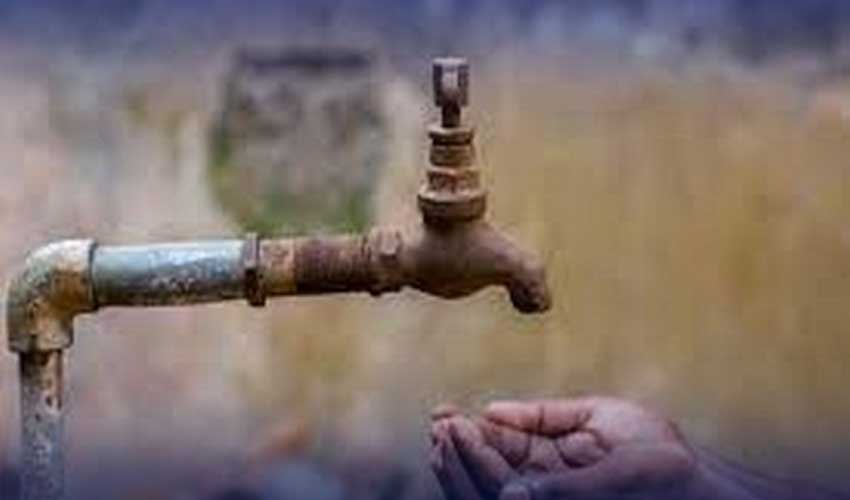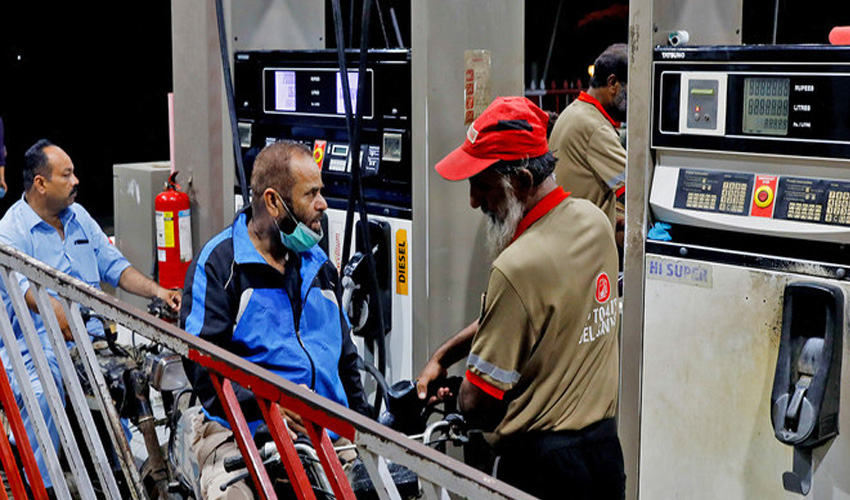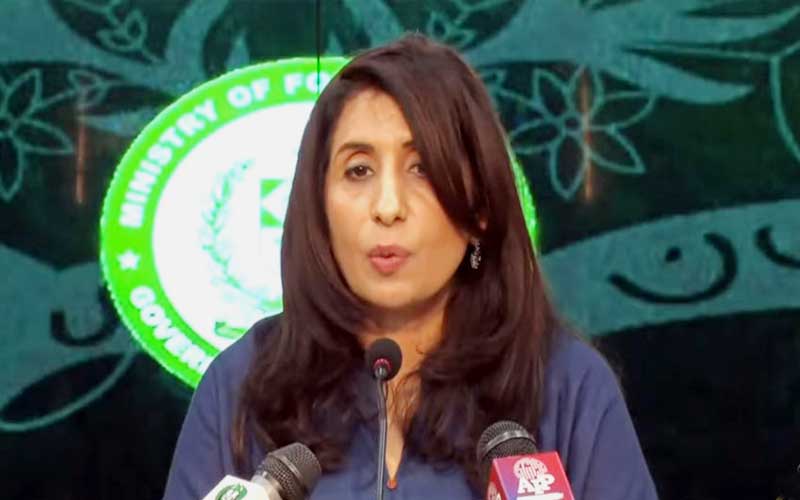On the occasion of World Water Day, it is crucial to illuminate the challenges faced by the residents of Karachi, Pakistan's largest city and economic center. The accessibility to clean drinking water has reached alarming lows, especially in the impoverished neighborhoods, where residents struggle with a severe water shortage.
In these marginalized areas, obtaining water has become an onerous task, leaving residents yearning for even a small amount of clean water. Unfortunately, for many, the water provided by government pipelines is often tainted, murky, and contaminated with sewage, making it unfit for consumption. Additionally, it serves as a breeding ground for harmful insects, posing significant health risks to the population.
Further exacerbating the situation is the widespread proliferation of the tanker mafia, which exploits the desperation of the populace by selling water at exorbitant prices. Illegal connections to the water supply network have become commonplace, facilitated by a lack of oversight and accountability from authorities.
Although those in positions of power are well aware of Karachi's water crisis, their indifference only worsens the suffering of the city's most vulnerable communities. While clean water remains easily accessible for the privileged few, corruption within relevant governmental institutions hampers efforts to address the crisis effectively.
The dire consequences of consuming contaminated water are evident in the rising incidence of waterborne diseases, particularly among children who bear the brunt of the impact. Cases of gastrointestinal infections and respiratory illnesses linked to contaminated water sources are alarmingly prevalent. The lack of access to clean water heightens the vulnerability of Karachi's children, exposing them to increased risks of malnutrition and stunted growth due to frequent illness.
On this World Water Day, it is imperative for authorities and policymakers to prioritize the basic needs of Karachi's citizens, particularly by ensuring access to clean and safe drinking water for all. The right to water is a fundamental human right, and concerted efforts are necessary to uphold this principle and alleviate the suffering of those most affected by the ongoing water crisis in Karachi.



























